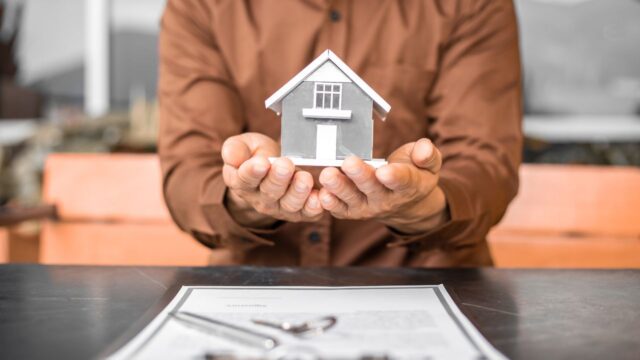
Gone are the days when a student could pay for tuition, room, and board all by themselves working summer jobs. Nowadays, the average student loan debt hovers right around $30,000 per borrower, and many people – particularly millennials – are dealing with $100k or more in education loans.
It can be a daunting prospect if you’re also trying to buy a house. But don’t worry – it can be done! With a little planning, a lot of research, and a whole lot of dedication, you can own your own home without sacrificing your financial well-being or your dreams of a comfortable future.
1. First Things First: Assess Your Personal Financial Position
Before you even consider house hunting, take a good look at the debt you’re working against. This means assessing all of your loans – federal, private, undergraduate, and graduate – and determining the interest rate for each. Once you have this information, the real work can begin.
Your first goal should always be to pay down your higher-interest loans first. While taking out a mortgage to buy a house might seem like the best idea, it’s not recommended if you have a significant amount of debt. With that in mind, focus on reducing your student loan burden as much as possible before jumping into anything else.
2. Crunch The Numbers
Once you have a handle on your student loan balances, the next step is to take a hard look at your income and expenses to determine how much you can realistically afford to shell out each month. This means creating a detailed budget, considering all regular monthly bills, such as utilities and groceries, and determining how much money you can put into savings each month. From there, use a mortgage calculator to determine how much house you can actually afford.
3. Maximize Opportunities for Savings
When it comes to affording a home while still paying off student loans, every little bit counts. Here are a few ways you can save money:
- Refinancing your student loans at a lower interest rate
- Paying more than the minimum monthly amount on your loans
- Cutting down or getting rid of subscription-based services, such as cable or streaming services
- Opt for cheaper housing options, such as renting or purchasing a smaller home or condo
4. Look for Assistance Programs
Many government-run assistance programs or first-time homebuyer grants can be a significant help if you qualify. The city, state, or country you live might have programs that allow you to buy into an affordable housing program that helps you own a home. In many cases, these programs only require a small down payment and offer low-interest or no-interest loans to assist in the cost of the home.
5. Seek professional advice
Lastly, don’t be afraid to seek help from financial experts. These professionals, such as financial advisors or mortgage brokers, provide valuable advice to help you assess your financial position, navigate the buying process, and find mortgage products that fit your unique situation. They can also help you find additional savings that you may not have realized, and provide up-to-date information about state assistance programs and low housing alternatives.
Conclusion:
Owning a home is a significant financial goal, but it can only happen if you can afford it. It doesn’t matter if you have $100k in student loan debt–with some hard work, dedication, and smart financial planning, owning a home is achievable. Remember to assess your personal finances first, crunch the numbers, maximize opportunities for savings, research assistance programs, and seek professional help if you require it. By following these steps, you will be on your way to living your dream of owning your own home before you know it.


































